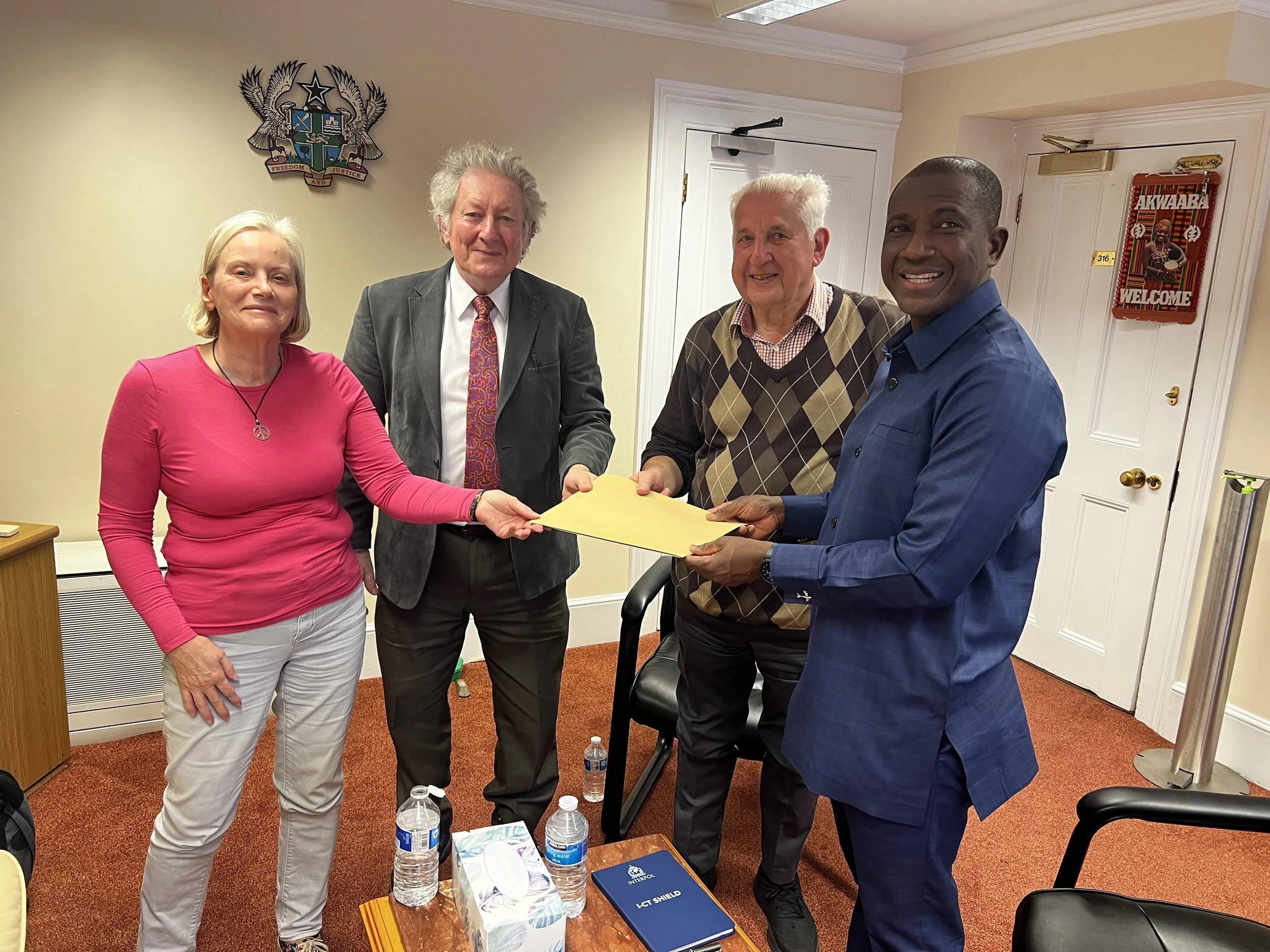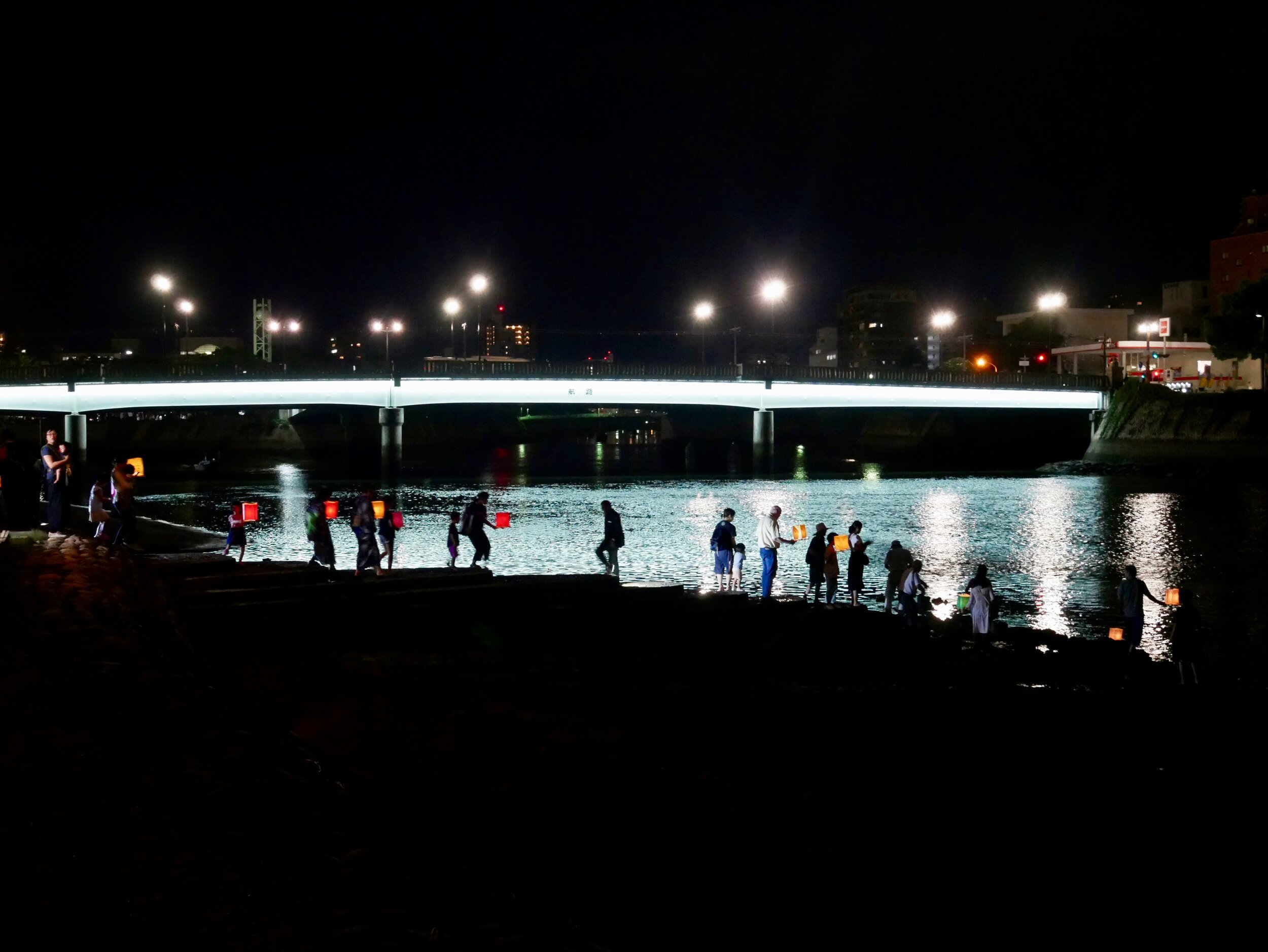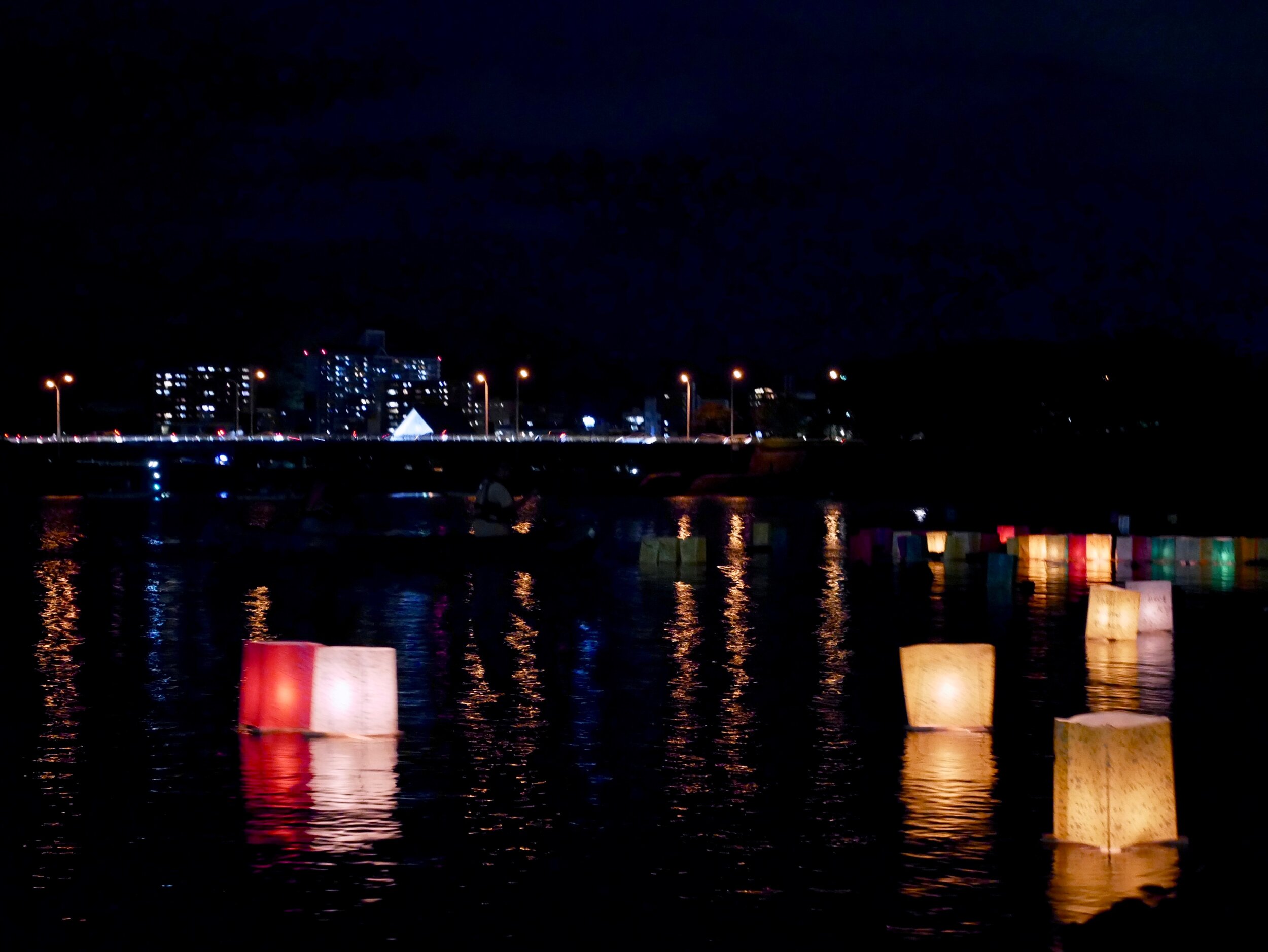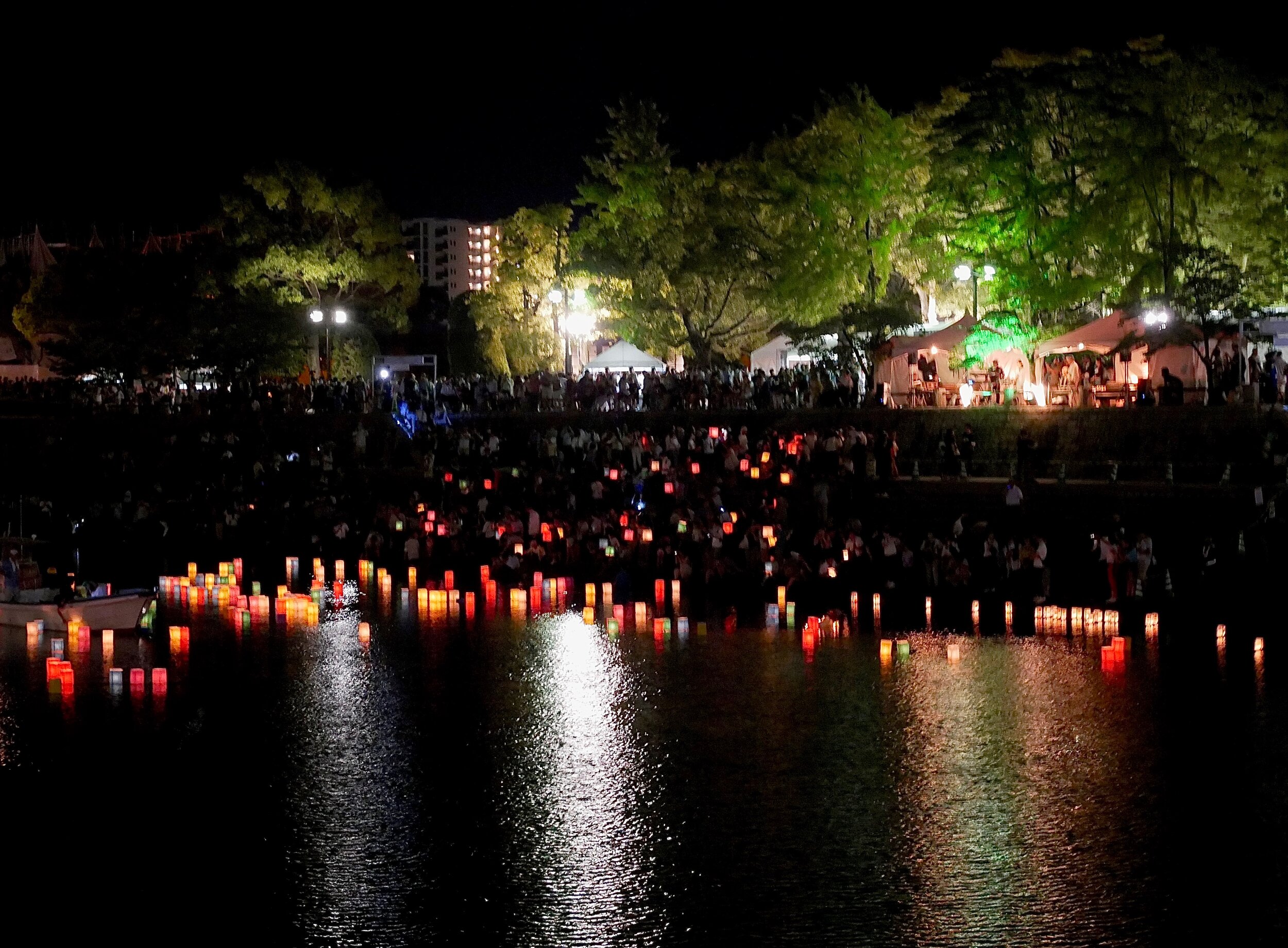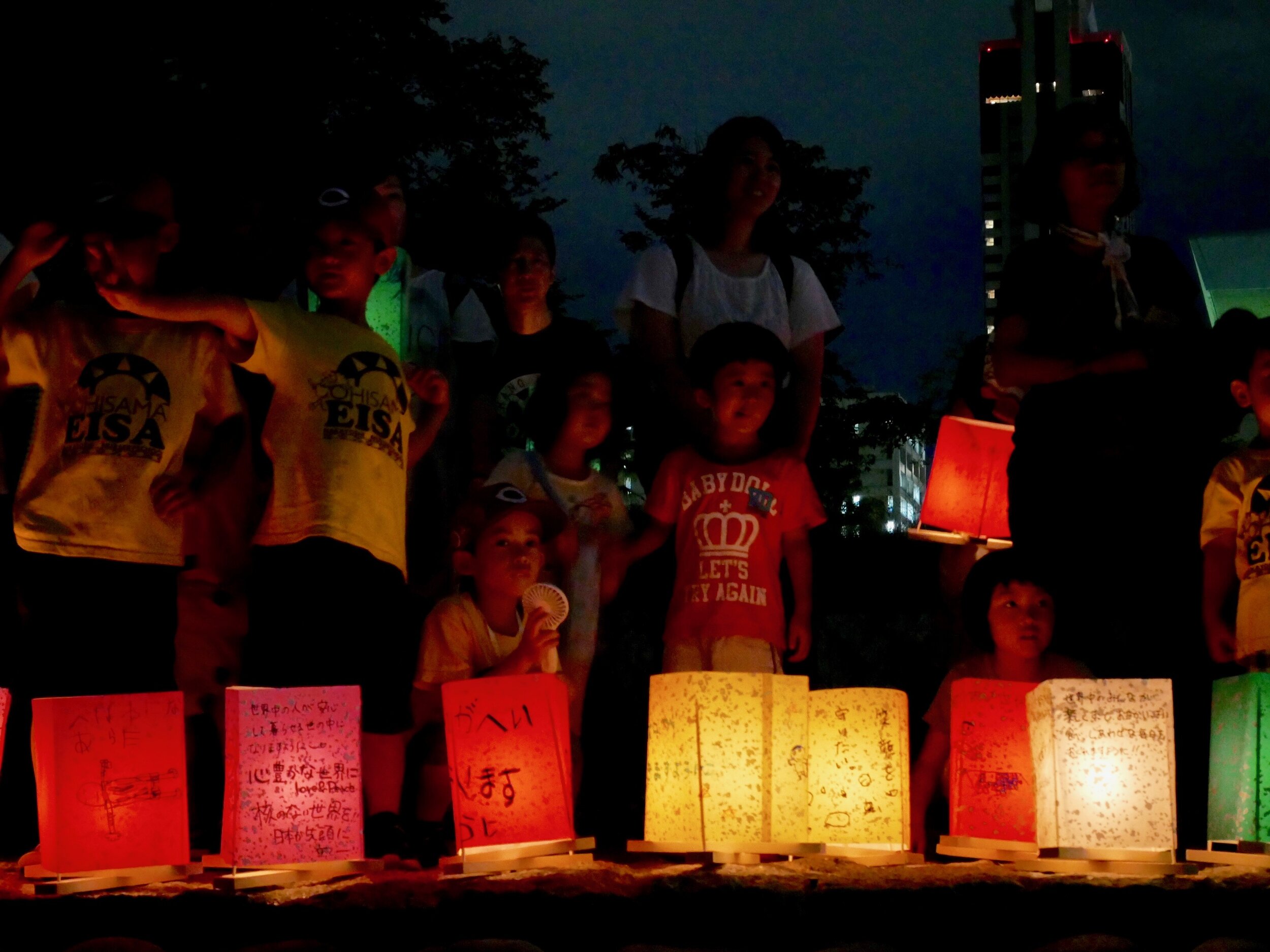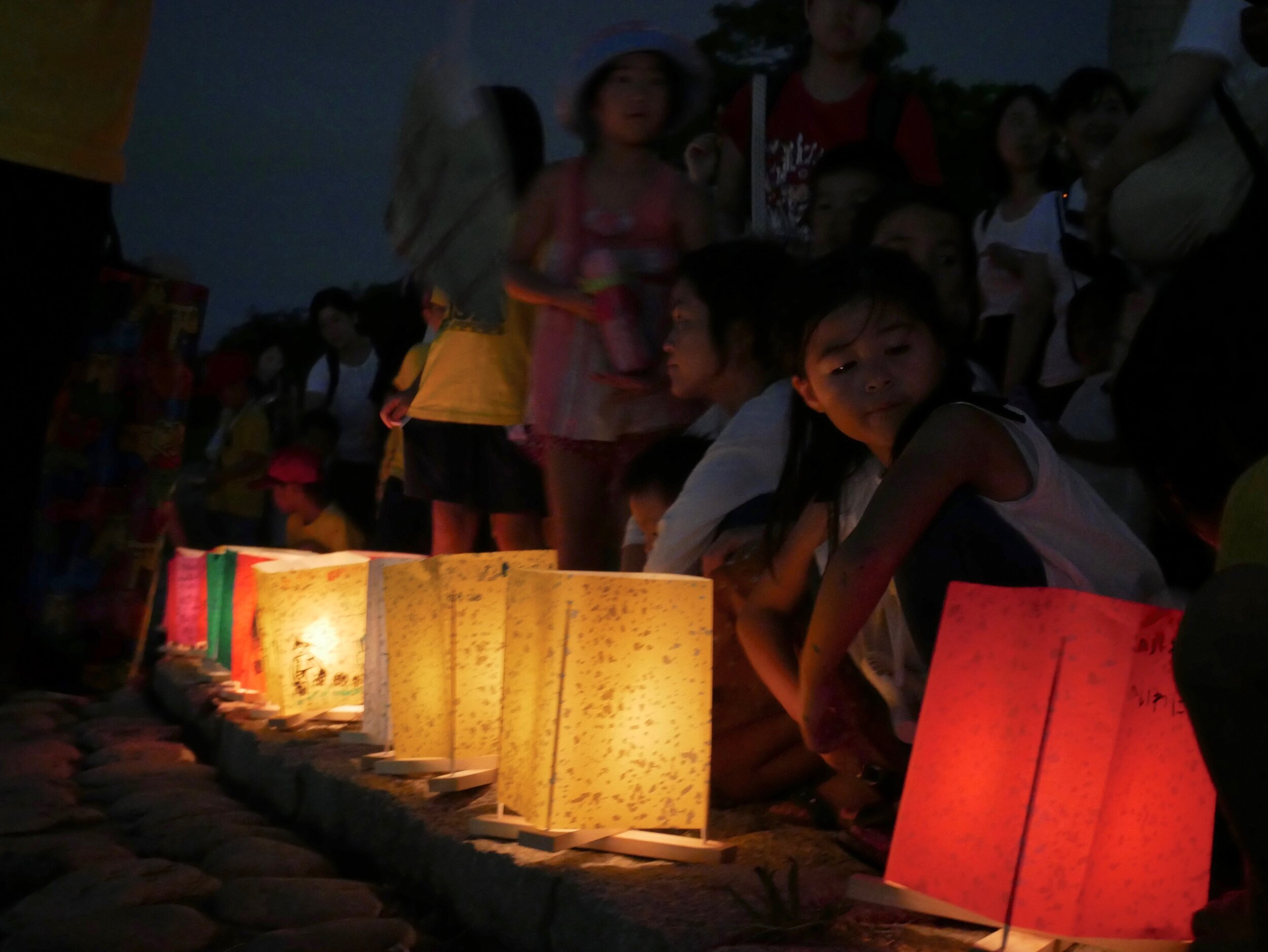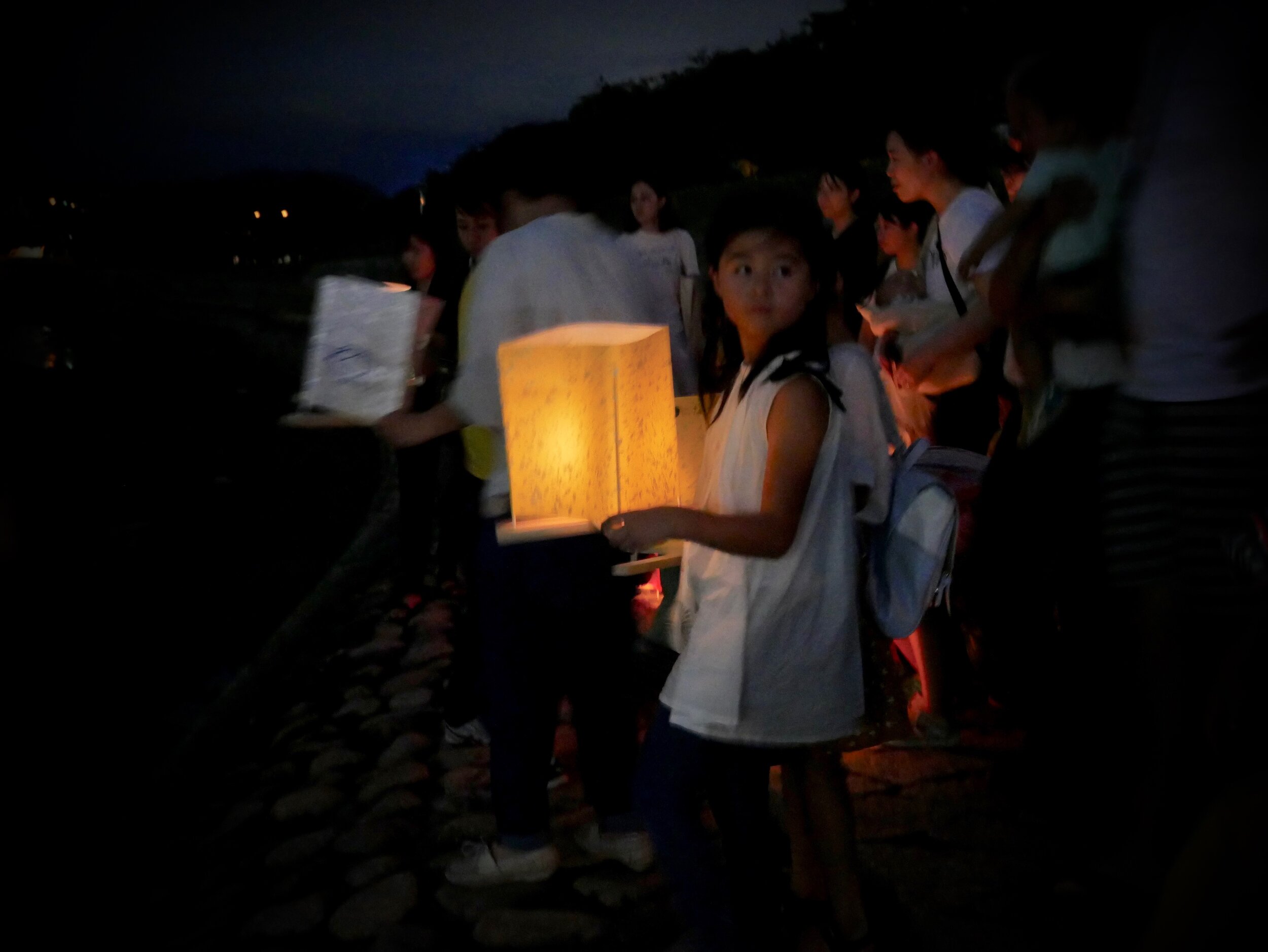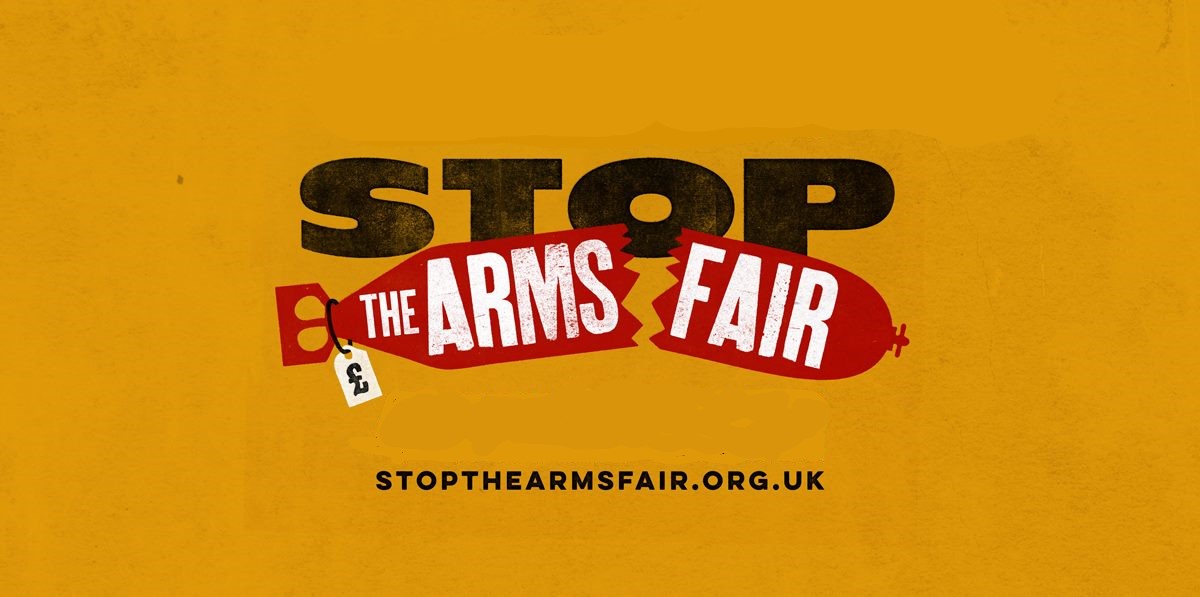This year marks the 74th anniversary of the dropping of nuclear weapons on Hiroshima and Nagasaki. Commemoration events will be taking place across the city, including a peace walk through central London, and ceremonies in Tavistock Square and London’s Peace Pagoda in Battersea Park. Below are a list of all events taking place. If yours is not on this list, please contact info@londoncnd.org.uk and let us know what you’re planning so we can add it!
Hiroshima Commemoration Peace Walk
Join us on Sunday 4th August for a guided peace through London and discover some of the people and places in the city associated with international peacemaking - from the Gandhi Statue in Tavistock square to Victoria Tower Gardens nearby parliament.
London CND Hiroshima Day Ceremony
This year we'll be back for our annual commemoration service in Tavistock Square on 6th August, opened by Cllr Maryam Mayor of Camden, and compered by London CND Vice President Jenny Jones of the Green Party, with the usual mix of performers and speakers.
Kingston Peace Council/ CND Hiroshima Day event
Assemble 8.30 pm, 6th August, in Canbury Gardens on the Kingston river bank. Please bring white flowers to cast onto the water in remembrance of those who died, and candles to illuminate the path beside the river.
Organised by: Kingston Peace Council/CND
Contact: 0208-399-2547
Hiroshima to Chernobyl: No to Nuclear
Hosted by Bruce Kent, with a video link up with Hannah Kemp Welche in Hiroshima, CND's representative at the Japanese Conference Against A&H Bombs. More speakers tbc.
Nagasaki Day Peace Walk and Lantern lighting ceremony
On Friday 9th August, there will be a peace walk from Westminster Cathedral after the service for Franz Jaegerstaetter, to the London Peace Pagoda, followed by a Lantern-Lighting Ceremony. Timings TBC but for more information please contact londonpeacepagoda@gmail.com
Finchley Hiroshima and Nagasaki Commemoration
On Saturday 10th August, Finchley’s annual Hiroshima and Nagasaki commemoration ceremony will take place at VIctoria Park, Ballards Lane, Finchley (nearest postcode N3 1LY). Meeting by the commemorative cherry tree at 11am, a minute of silence will be held, and participants are invited o bring flowers to lay beneath the tree and to share tea and thoughts afterwards at the café. Contact: Charles Wicksteed finchley@traknat.org.uk for more information. (Accessibility: Level access over grass. Nearby parking for blue badge holders.)





